One legislator is campaigning against efforts by local governments to collect traffic citations he says they have no right to obtain.
State Rep. Andy Holt (R-Dresden) championed a 2016 law that said vendors’ contracts for speeding and traffic light cameras could not renew once their terms expired. That law did not apply to the contracts of cameras used in school zones and along S-curve streets.
“Photo enforcement has not been banned in Tennessee, but that’s why I have been going on a full-bent effort to inform folks they do not have to pay photo enforcement citations,” Holt said. “I fully believe the best way to get rid of photo enforcement is to starve the beast.”
A police industry spokeswoman disputes claims that the Legislature changed the laws governing traffic cameras.
“They did not change the statute any,” said Maggi M. Duncan, executive director of the Tennessee Association of Chiefs of Police. “All it (the new law) did was say what’s in the statute.
The back-and-forth has some drivers confused, like Wayne Forkum of Knoxville, which has cameras.
“When the cameras were first installed, the duration of the yellow caution light was shortened in order to catch motorists expecting the usual time frame,” Forkum said. “My wife drove through a certain intersection each day to work. The intersection was the common, turn on red after stop. The day the camera comes on line, no turn on red (was) allowed with no prior notice.”
Drivers were required to stop for three seconds before turning, but were not informed, he said.
There has been a great deal of conversation in Knoxville, and Forkum said it was his understanding a vendor collected most of the money from citations.
A number of local governments fought against the 2016 law, Holt said. They took advantage of the approximately two months between passage and implementation to approve new contracts with their vendors. Many of the terms were for 20 years, meaning the technology will be antiquated before the contracts are completed.
The Legislature also passed a law in 2016 putting this notice on photo-enforcement tickets: “Tennessee Public Chapter 998 amended TCA 55-8-198 on April 27, 2016, by adding: ‘Non-payment of this [‘notice’ or ‘citation’] cannot adversely affect your credit score or report, driver’s license, and/or automobile insurance rates.’”
Duncan said there is “nothing in the statue saying you don’t have to pay your violations.”
Holt said he disagrees about the need to pay.
Drivers who pay photo-enforcment tickets are doing so out of ignorance, Holt said. There is no penalty to one’s credit score or report, driver’s license points or auto insurance rates for not paying, he said.
Some cities threaten drivers with a citation to civil court or a referral to a collection agency, he said.
“A collections letter does not mean they have the ability to adversely impact your credit score,” Holt said.
Any police agency that says it has measures to deal with non-payers is wrong, Holt said. The only measure is civil court, but what government entity is willing to pay $200 or more to take a driver to civil court over a ticket, he asked.
Duncan said the photo-enforcement tickets are similar to parking tickets or other non-moving violations.
“If you read the statue, it states it’s a non-moving violation, which means it does not count against your driver’s license,” she said.
She cannot speak to any potential impact to insurance rates, she said.
Photo-enforcement tickets are not about safety despite what advocates say, Holt said. Instead, it’s about the money. Holt envisions curtailing all automated citations, or the privatizing of police power.
“That’s not the way policing was intended,” he said.
Holt said he would like to create a class-action lawsuit for drivers who have paid photo-enforcement tickets, modeled after other suits across the country. He has asked the state attorney general for opinions on several aspects of photo-enforcement, but did not want to elaborate for now. He thinks he will take action by the fall.

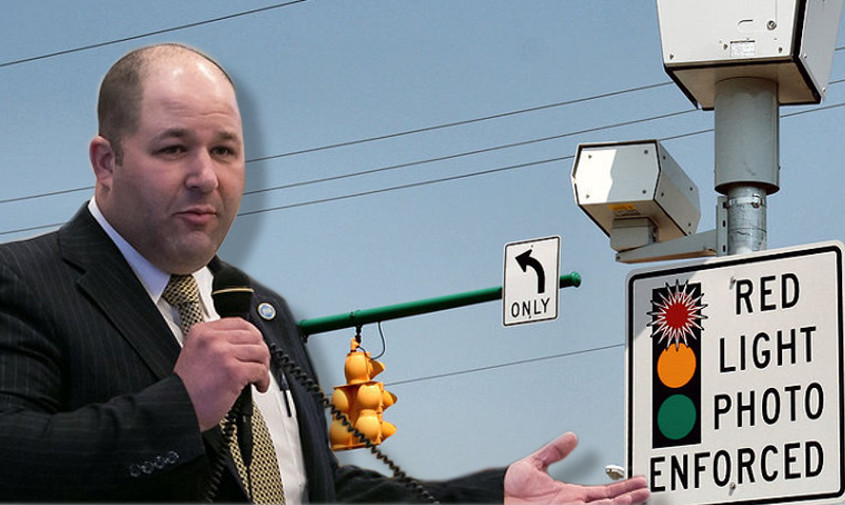



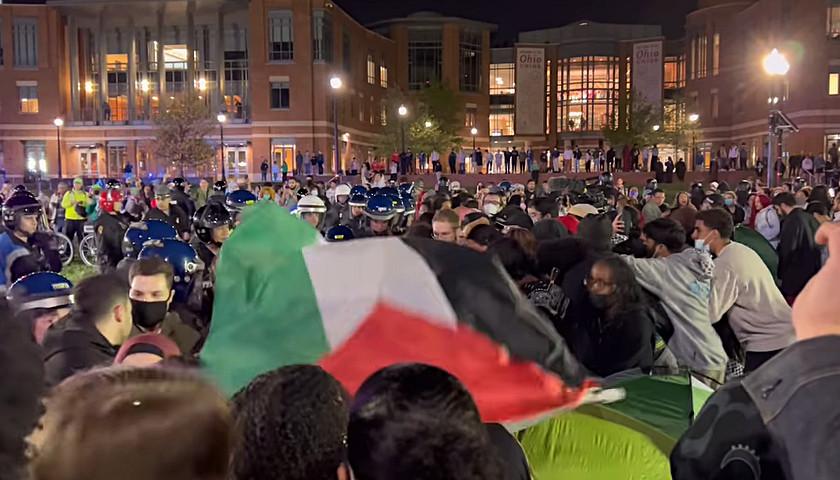
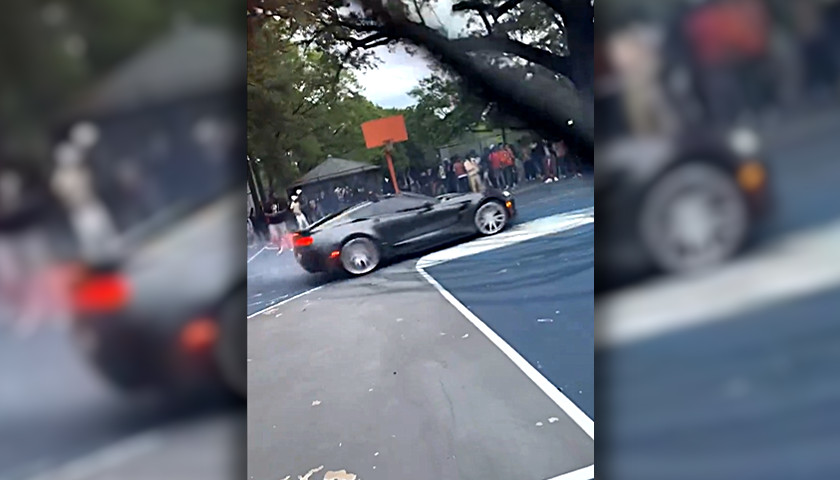
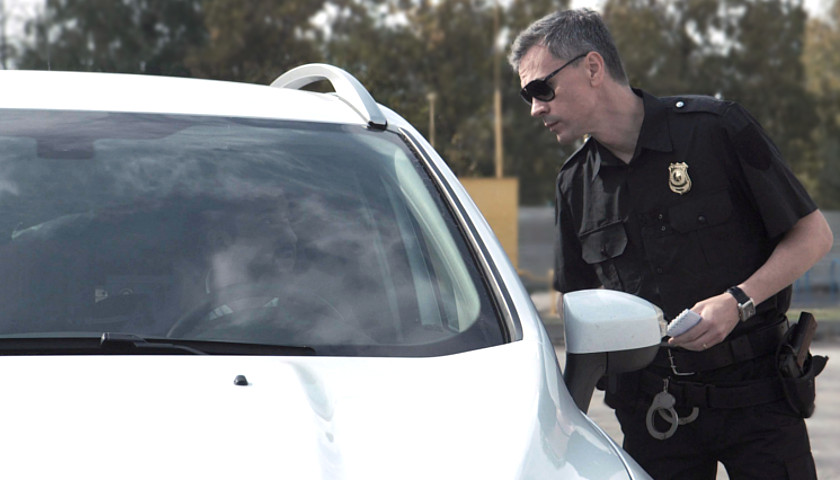
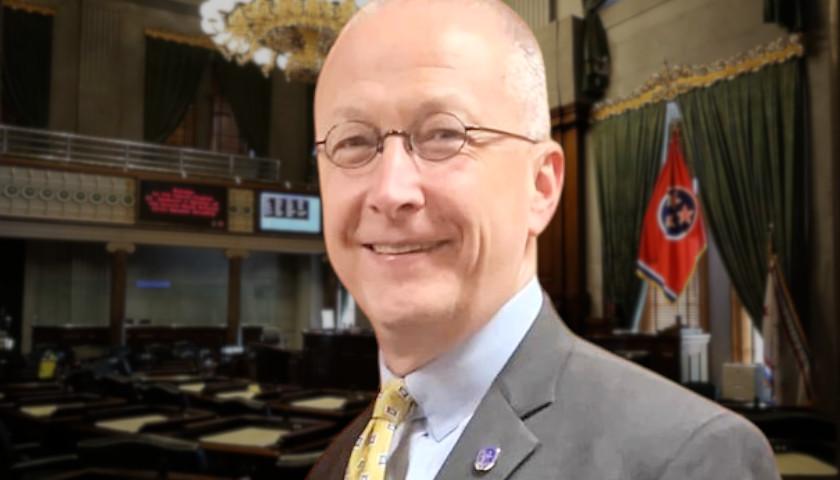
I got a camera ticket last month in Memphis. I took Rep. Holt’s advice and had a bonfire with mine.